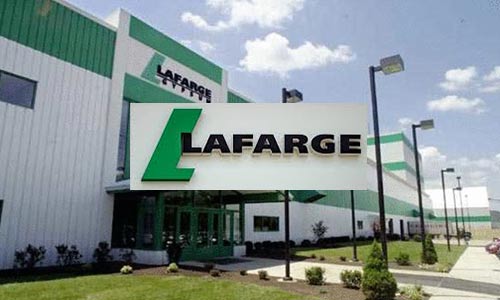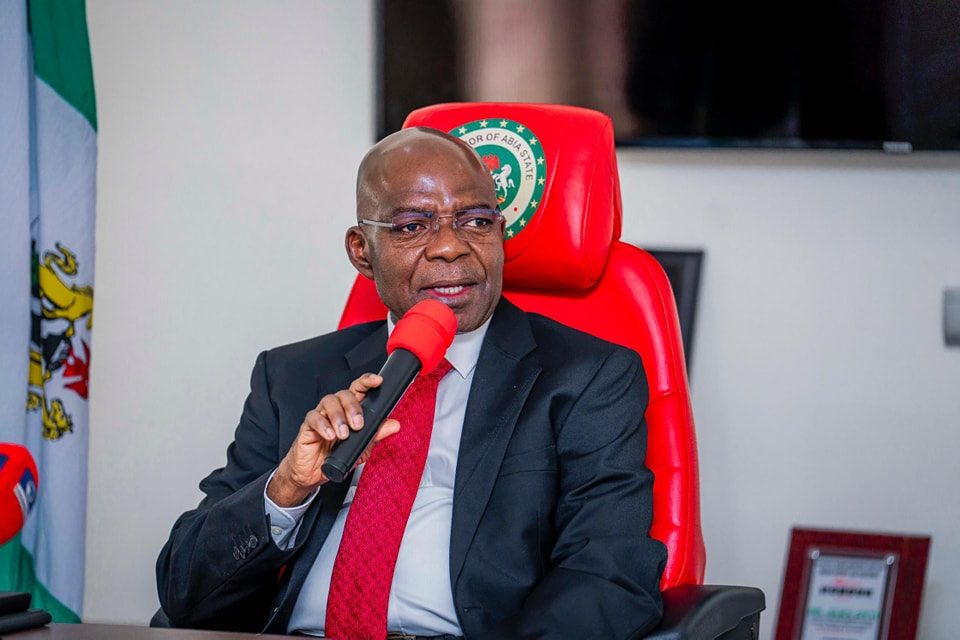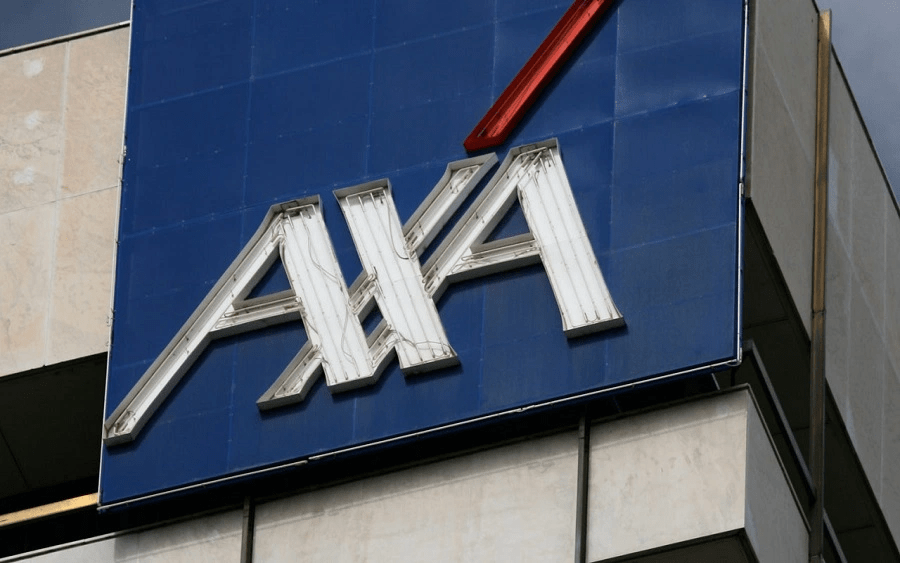•IOM, BOA sign MoU for $200m support fund to boost livelihoods of migrants, displaced persons
Ndubuisi Francis in Abuja
Senior United Nations (UN) officials have commended Nigeria for its leadership in addressing internal displacement. They called for sustained international engagement to ensure the full realisatuon of long-term, development-anchored solutions.
That was as the International Organisation for Migration (IOM) and Nigeria’s Bank of Agriculture Limited (BOA) signed a Memorandum of Understanding (MoU) to strengthen access to sustainable livelihoods for migrants and displaced persons across the country.
The agreement, signed by IOM’s Deputy Director General for Operations, Ugochi Daniels, and Managing Director/CEO of Bank of Agriculture, Ayo Sotinrin, sets the stage for long-term, sustainable cooperation between the two institutions, through the establishment of a $200 million Agriculture and Livelihood Support Fund to improve the lives of forcibly displaced persons in Nigeria.
At the conclusion of a three-day joint mission to Nigeria, Deputy Director-General for Operations at the International Organisation for Migration (IOM), Daniels; Assistant High Commissioner for Operations at the UN Refugee Agency (UNHCR), Raouf Mazou; and Director of the Crisis Bureau at the UN Development Programme (UNDP), Shoko Noda, urged global and national partners to build on Nigeria’s progress through coordinated and inclusive approaches.
The delegation underscored that Nigeria’s forthcoming National Development Plan (2026–2030) presented a critical opportunity to embed durable solutions for internally displaced persons (IDPs) into national development and financing priorities.
They also called on international financial institutions (IFIs) and development partners to continue efforts to scale up sustainable financing for solutions, emphasising that predictable, long-term investment is essential to move from humanitarian response to self-reliance, economic recovery, and resilience.
The delegation met with the Yobe State Policy Advisory Committee on Durable Solutions, chaired by the deputy governor, traditional leaders, commissioners, and IDP representatives.
The authorities confirmed that 24 per cent of the state’s annual budget was now dedicated to implementing the State Action Plan on Durable Solutions, one of the most significant government allocations globally.
Daniels stated, “Humanitarian needs remain urgent and security remains a top priority, but durable solutions cannot be achieved through humanitarian aid alone.
“What we witnessed in Yobe State is government leadership and development approaches in action. Importantly, IDP representatives took part in the discussions as members of the official delegation, reflecting a shift from being seen as beneficiaries to recognised partners and decision makers.”
Nigeria, one of 15 pilot countries under the UN Secretary-General’s Action Agenda on Internal Displacement, continues to demonstrate strong national ownership through the National Policy on Internal Displacement (2022) and the rollout of State Action Plans for Durable Solutions in Borno, Adamawa, Yobe, and Benue states.
“Nigeria’s experience shows a clear shift is taking place from humanitarian aid to self-reliance, from short-term response to long-term recovery.
Mazou said, “What makes Nigeria unique is its commitment to pairing public investment with private sector engagement. Harnessing private capital and innovation is essential to create jobs, rebuild livelihoods, and help displaced families achieve self-sufficiency.”
In Abuja, the delegation met with the Federal Ministry of Budget and Economic Planning and the Federal Ministry of Humanitarian Affairs and Poverty Reduction. Discussions focused on integrating durable solutions for IDPs into Nigeria’s forthcoming National Development Plan (2026–2030) and mobilising long-term, blended financing to sustain progress. The government reaffirmed that internal displacement was both a development and investment priority.
“Nigeria’s leadership on durable solutions is impressive, and the ingredients for success are already in place,” said Noda.
Noda added, “Nigeria has the potential to build a comprehensive model in support of solutions, one that can inspire similar progress in other displacement contexts.”
The officials stated that Nigeria had benefited from the new global arrangements on advancing IDP solutions. Funding to UN Agencies provided by the Internal Displacement Solutions Fund (IDSF) provides catalytic support to State-level data, policy, and coordination structures.
As part of the global Solutions Hub, a Resident Coordinator Adviser on Durable Solutions ensures stronger system-wide engagement.
The UN officials reaffirmed their commitment to accompany the government of Nigeria in driving durable, inclusive, and nationally owned solutions to internal displacement, calling on partners to sustain support that matches the scale of the country’s ambition.
Meanwhile, the MoU signed between IOM and BoA to strengthen access to sustainable livelihoods for migrants and displaced persons across the country set the stage for long-term, sustainable cooperation between the two institutions, through the establishment of a $200 million Agriculture and Livelihood Support Fund to improve the lives of forcibly displaced persons in Nigeria.
The agreement was signed by IOM’s Deputy Director General for Operations, Daniels, and Managing Director/CEO of Bank of Agriculture (B, Ayo Sotinrin.
Daniels stated, “This partnership reflects our shared commitment to advancing sustainable solutions for migrants and communities. “By linking migration management with development financing, we can create inclusive economic opportunities that empower people to rebuild their lives, contribute to local economies, and reduce aid dependency.”
Recognising the urgent need to tackle the root causes of displacement and irregular migration, the MoU is a demonstration of Nigeria’s commitment to leveraging the partnership to boost economic inclusion, resilience, and sustainable development. The initiative aligns with Nigeria’s national development agenda and Agenda 2063, promoting stability and self-reliance in displacement-affected regions.
The MoU is focused on addressing displacement, food insecurity, and rural poverty, while empowering vulnerable populations to lead their own recovery through sustainable livelihood support in Nigeria.
Sotinrin said, “The Bank of Agriculture, in executing the vision of the Presidency, views this fund as a crucial step in transforming the landscape of rural poverty.
“This partnership unlocks productivity through people-centred investment that enables the economic inclusion of migrants and, critically, positions displaced and vulnerable Nigerians as active, valued contributors to rural development, community resilience, and the national economic stability promised by the Renewed Hope Agenda.”
The signing of the MoU comes at a time when Nigeria is intensifying efforts to address the root causes of displacement and irregular migration. The country currently hosts over 3.5 million internally displaced persons (IDPs), many of whom have lost access to land, income opportunities, and productive assets.
The partnership bridges critical gaps and offers a strategic pathway for locally driven economic intervention. It also facilitates access to agricultural inputs, capacity development, market linkages, and financial inclusion, helping to reduce aid dependency for IDPs, returnees, host communities, and other vulnerable populations affected by conflict, climate shocks, and economic disruption.
The initiative complements national strategies, aligns with the United Nations Sustainable Development Cooperation Framework (UNSDCF) and could serve as a model for migration-sensitive development financing in Africa, reinforcing IOM and BOA’s shared vision of promoting stability and self-reliance in displacement-affected regions.




